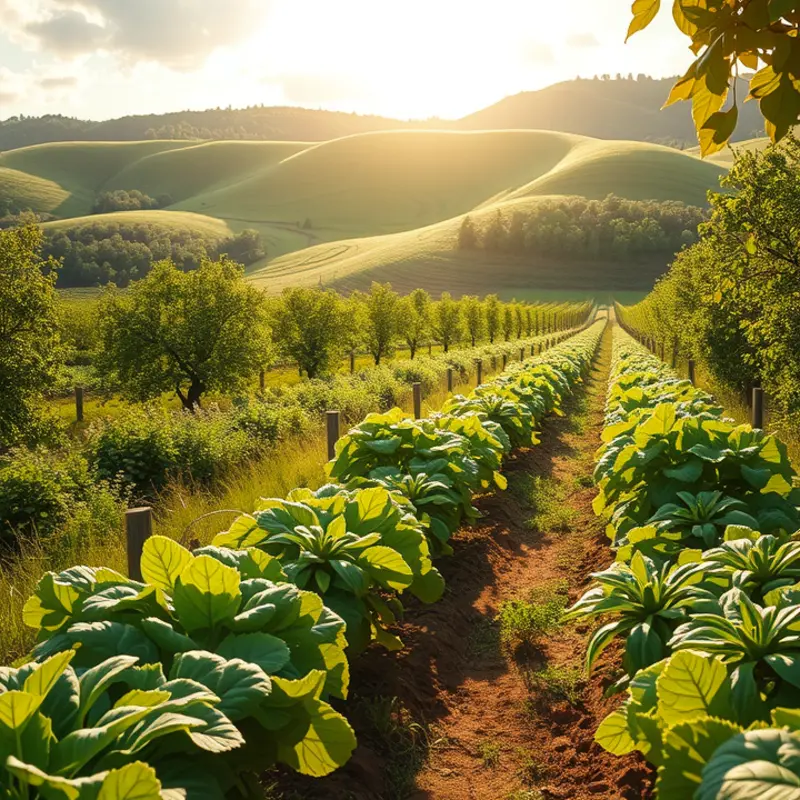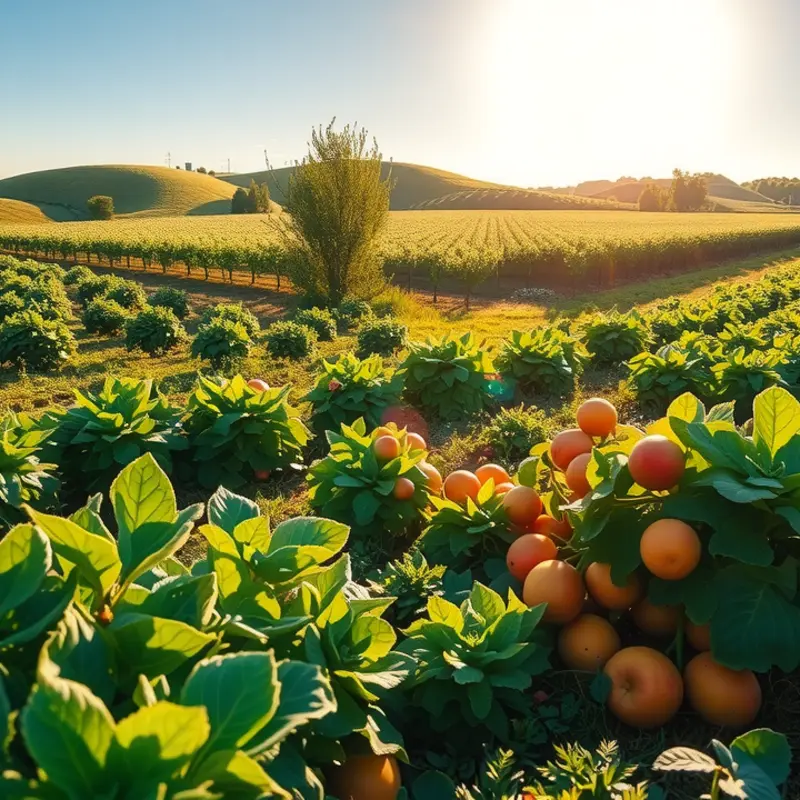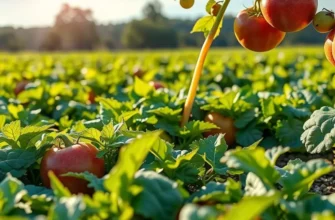Creating a zero-waste kitchen isn’t just about reducing trash; it’s about smart food management and sustainability. By incorporating simple practices for storing food and minimizing waste, you can transform your home into a more eco-friendly space. Let’s dive into the core principles that will help you manage food effectively, all while maintaining a healthy kitchen environment.
Mastering Food Storage Techniques

Effective food storage is a hallmark of a sustainable kitchen. It preserves food, ensures safety, and reduces waste. First, consider the basics: the containers. Opt for glass or stainless steel as sustainable choices, avoiding plastic’s potential to leach chemicals.
For meats, refrigeration is essential. Store meats in airtight glass containers to prevent contamination and odor transfer. If freezing, ensure portions are pre-cut to avoid thawing excessive amounts at once. Wrapping in parchment paper before placing in containers minimizes freezer burn.
Vegetables require specific attention. Leafy greens benefit from a slight moisture layer; wrap in a damp cloth or paper, then store in a breathable bag. Root vegetables like potatoes and onions prefer dark, dry storage outside the fridge to prevent sprouting. For those aiming to store vegetables longer, consider a vacuum sealer. This method significantly extends life by removing air, the enemy of freshness.
For fruits, separation is key. Ethylene gas-producing fruits like bananas accelerate ripening when stored with others. Store such fruits in isolation, using a breathable bowl for those that continue to ripen off the vine. Berries benefit from a gentle wash with water and vinegar solution, drying completely before refrigerating.
Leftovers can be managed with clear labeling. Adopt a systematic approach by labeling with the date of storage to avoid mystery containers and ensure timely consumption. Consider meal prep strategies to further utilize leftovers efficiently and reduce waste. For further guidance, explore eco-smart kitchen storage methods.
New storage innovations offer advanced solutions. Beeswax wraps provide a reusable alternative to plastic wrap, perfect for covering dishes and wrapping cut produce. Fermentation containers can extend the life of vegetables, turning them into nutritious, preserved side dishes.
A crucial part of zero-waste storage is understanding spoilage signs. This awareness not only saves food but prevents health hazards. Consistent checking and rotating of stored items ensure the older ones are used first, a practice known as FIFO—First In, First Out.
Mastering these techniques can dramatically cut waste, save money, and support an eco-friendly lifestyle. The quest to reduce kitchen waste begins with thoughtful and informed storage habits.
Waste Management Strategies for Every Home

Strategically managing waste begins with understanding your consumption habits. Identifying patterns helps highlight where you’re often over-purchasing or letting food spoil. Start by making a detailed list of what you throw out weekly. This can give insights into how you can adjust your buying habits.
Meal planning is an effective method to address food waste by ensuring groceries you purchase are used efficiently. It prevents buying items on a whim that may not fit into your weekly meals. Before shopping, design a meal plan, listing ingredients you already have and what you need to purchase. Incorporate versatile ingredients that can be used in multiple dishes, thus minimizing waste.
When shopping, try to stick to the list. It’s wise to purchase seasonal produce which tends to be fresher and often more affordable. Choose items that can last longer when stored correctly, like root vegetables or grains. Visit practical ingredient batching for more on efficient meal prep.
Once your kitchen is stocked, proper storage is crucial. Knowing how and where to store your food can significantly extend its life. For example, store potatoes in a cool, dark place but keep bananas at room temperature. This simple knowledge prolongs freshness, reducing spoilage.
Composting is another powerful tool for managing organic waste. Setting up a small compost bin at home reduces landfill contributions and provides nutrient-rich fertilizer for gardens. Composting can handle fruit peels, coffee grounds, eggshells, and more. Keeping a small container near your food prep area to collect scraps makes composting simpler.
Apart from composting, exploring creative ways to repurpose food scraps can further your zero-waste journey. For instance, vegetable scraps and bones make excellent homemade stocks. Citrus peels can be dehydrated and used for infusions or zesting.
Maintaining a zero-waste mindset requires mindfulness in daily cooking and eating practices. Evaluate servings to avoid preparing excessive portions that may end up uneaten. Use leftovers creatively by reinventing them into new dishes like stir-fries or soups.
Being proactive about food waste management not only benefits the environment but also minimizes household expenses. Make it a habitual practice to review and adjust your strategies. Soon, reducing waste will not be a chore but a gratifying part of a sustainable lifestyle.
Final words
Adopting a zero-waste approach in your kitchen is an actionable goal that brings immediate benefits. By mastering food storage techniques and implementing diligent waste management strategies, you not only minimize waste but also enhance your cooking and dining experience. Begin your journey by creating a plan tailored to your needs, and remember, every small step counts towards a more sustainable lifestyle. Explore local resources for composting, invest in quality storage solutions, and focus on meal planning to make strides toward reducing waste in your kitchen.







